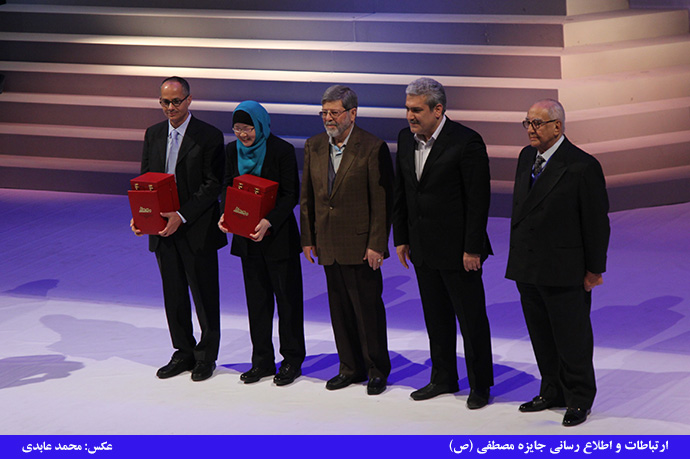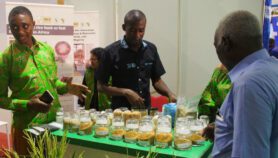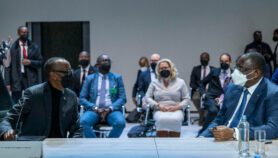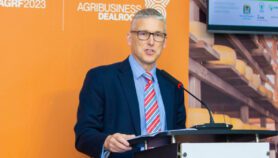By: Ranjit Devraj
Send to a friend
The details you provide on this page will not be used to send unsolicited email, and will not be sold to a 3rd party. See privacy policy.
On Christmas Day, the Islamic world sent out a reminder of its vast contributions to the advancement of science and innovation. At a solemn ceremony in Tehran, Iran, set off by recitations from the Koran, the Organisation of Islamic Cooperation (OIC) honoured the first two awardees of the Mustafa Prize for top scientists and innovators.
The prize will be awarded every two years for achievements in: life sciences and medicine; nanoscience and nanotechnology; information and communications technology; and scientific achievement. In the first three categories, the nominees must be citizens of one of the 57 OIC member countries, while in the last the nominee must be a Muslim, although not necessarily a citizen of an OIC country.
Although there are many Muslim scientists, I am afraid they haven’t received quite the same recognition as they deserve.
Jackie Ying, Institute of Bioengineering and Nanotechnology, Singapore
Only two prizes were awarded at the inaugural ceremony, the other two nominations are still outstanding.
The awards, worth US$500,000 each, went to Jackie Ying, the chief executive officer of the Institute of Bioengineering and Nanotechnology in Singapore, and Omar Yaghi, the codirector of the Kavli Energy NanoSciences Institute at the University of California in the United States.
Mohammed Javed Zarif, Iran’s foreign minister and member of the Mustafa Prize council, said he hoped the prize would help revive the golden days of Islamic science and build bridges into the future. Although the award is organised by Iran, the nominations are made by a panel representing academic institutions in the OIC.
And while the prize is not intended to compete with Sweden’s Nobel Prize, it certainly seems to fill a gap in the recognition of excellent science emerging from Muslim countries. “Although there are many Muslim scientists, I am afraid they haven’t received quite the same recognition as they deserve,” said Ying at the ceremony. “So the Mustafa Prize is there to really highlight their achievement.”
Ying developed a glucose-sensitive polymer capable of delivering insulin to diabetics orally or nasally, obviating the need for needle pricks. The polymer also controls insulin release so there is no risk of too much or too little of it circulating in the body. The pharmaceutical giant Merck forked out US$500 million to buy her technology.
Jordan-born Yaghi pioneered metal-organic frameworks (MOFs) that stitch together organic and inorganic molecules to produce new materials. MOFs have porous, crystalline, molecular structures that allow them to store large quantities of hydrogen, methane or other gases without requiring high pressures or low temperatures. Already, BASF, the chemical giant, has begun commercial applications of MOFs that can safely store natural gas in fuel tanks and also increase vehicle range. A zirconium-based MOF developed by Yaghi cheaply extracts water from thin air, even in relatively dry regions of the world.
Moneef R. Zoubi, director-general of the Jordan-based Islamic World Academy of Sciences, says the event was “scientific interaction at its best — what some may describe as an exercise in science diplomacy par excellence.”Following the Mustafa Prize awards, Tehran played host to the 20th conference of the Islamic World Academy of Sciences. The resulting Tehran Declaration emphasised that the “OIC and other developing countries have to create a paradigm shift to again become a community that values knowledge and become proficient in utilising and advancing S&T to enhance their socioeconomic wellbeing as well as humanity’s”.
Ranjit Devraj is the regional coordinator for SciDev.Net’s South Asia edition.
A version of this article was first published on SciDev.Net's South Asia edition.














